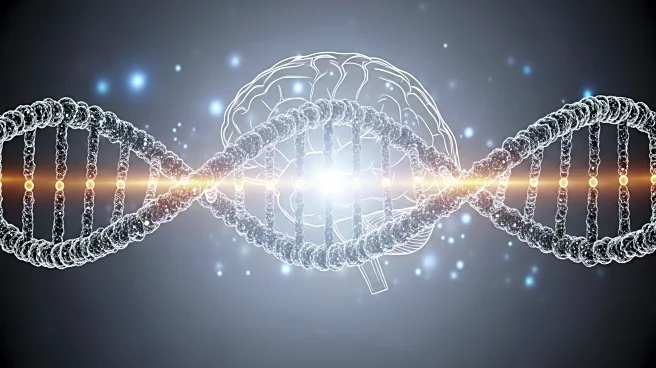What is the story about?
What's Happening?
A recent letter in the scientific community has sparked interest in the potential application of cancer treatment methods to neurodegenerative diseases like Alzheimer's. The approach involves re-educating cancer cells to revert to normal behavior, raising the question of whether similar techniques could repair malfunctioning nerve connections in Alzheimer's patients. This idea stems from the concept of chemically converting cancer cells to benign ones, mimicking embryogenic differentiation processes.
Why It's Important?
The exploration of cross-applying cancer treatment methods to Alzheimer's disease highlights the interconnectedness of medical research and the potential for breakthroughs across different fields. If successful, this approach could lead to innovative treatments for Alzheimer's, a condition that currently lacks effective therapies. The possibility of repairing nerve connections could significantly improve the quality of life for patients and reduce the societal burden of neurodegenerative diseases.
Beyond the Headlines
The idea of using cancer treatment methods for Alzheimer's also raises questions about the ethical implications of manipulating cellular behavior. Researchers must consider the long-term effects and potential risks associated with altering nerve connections. Additionally, the focus on epigenetic processes underscores the importance of understanding the environmental factors that influence gene expression, which could have broader implications for treating various diseases.















